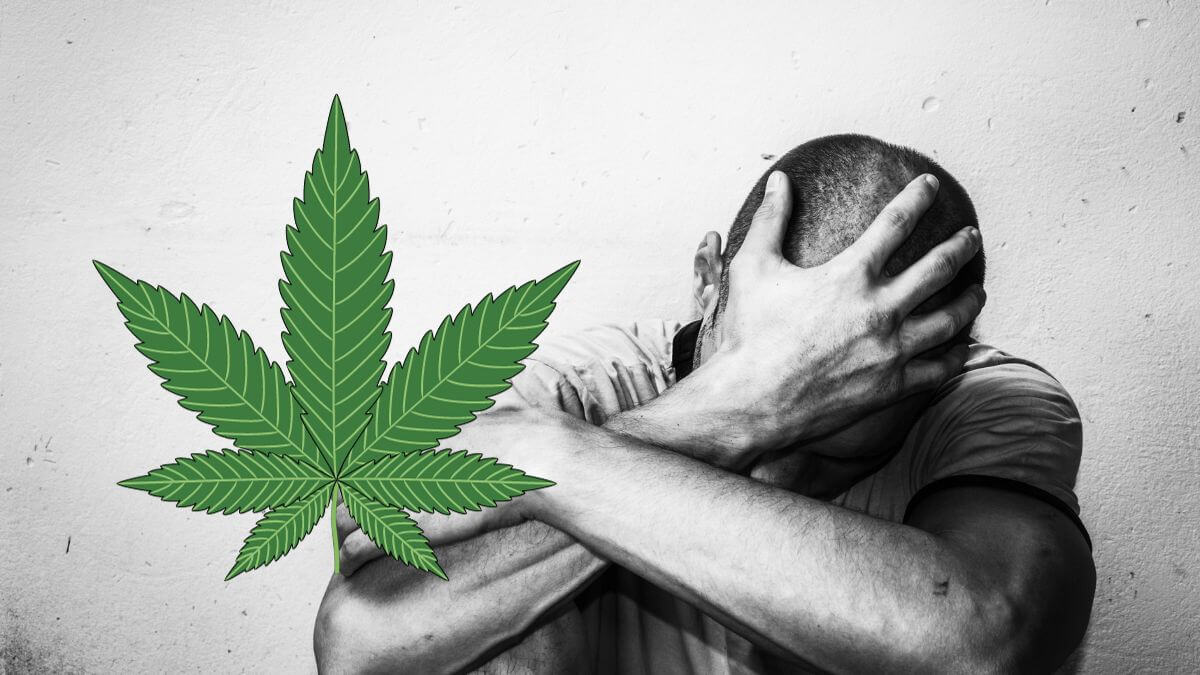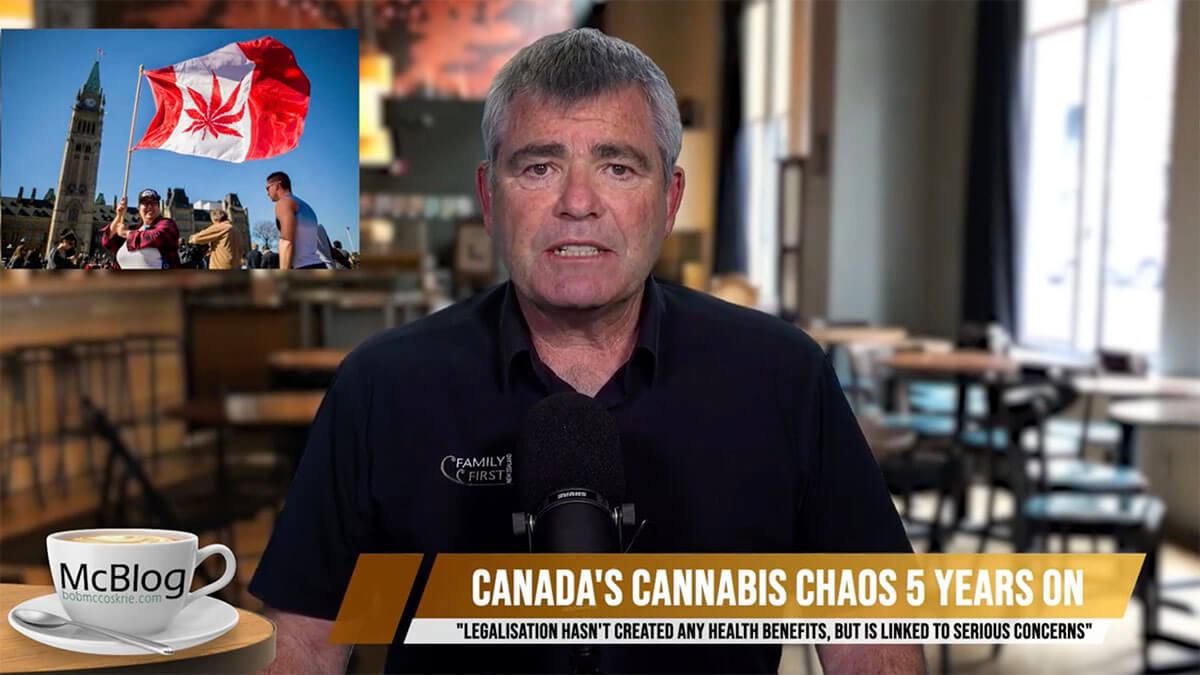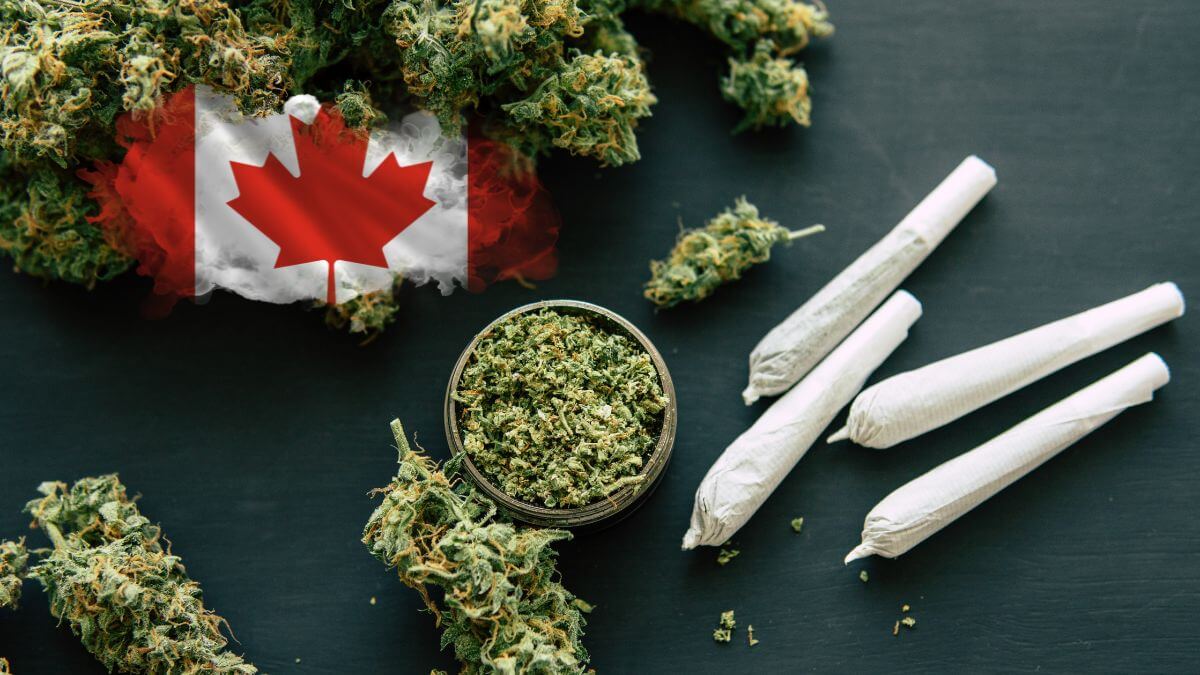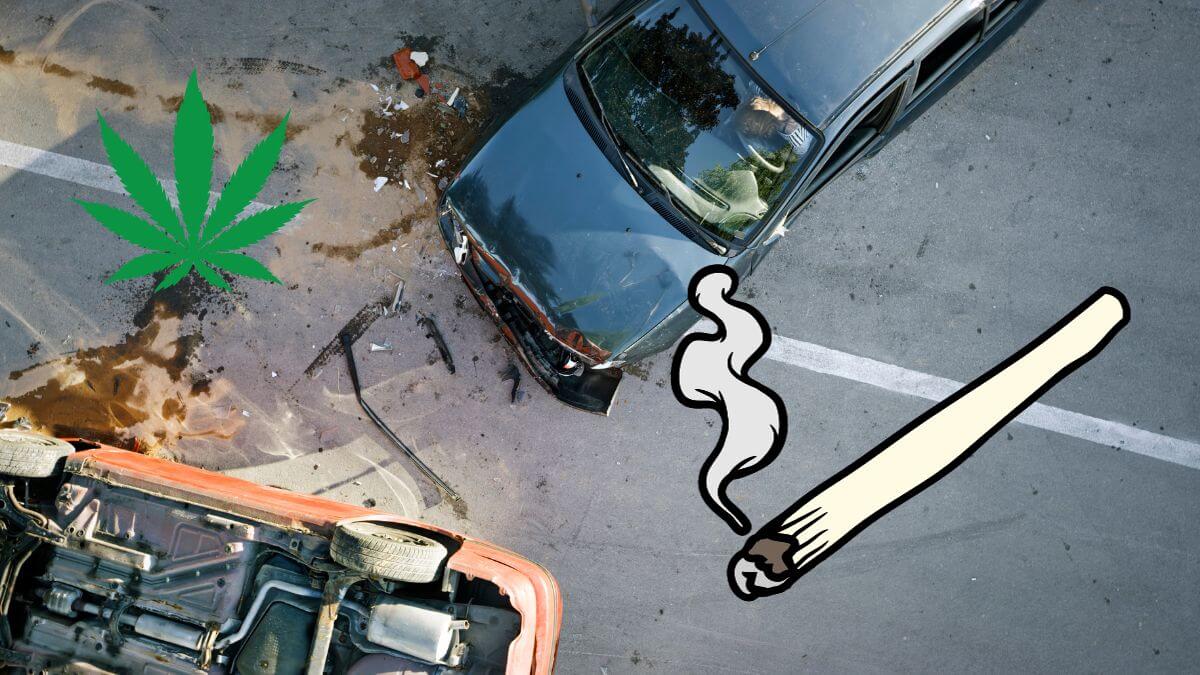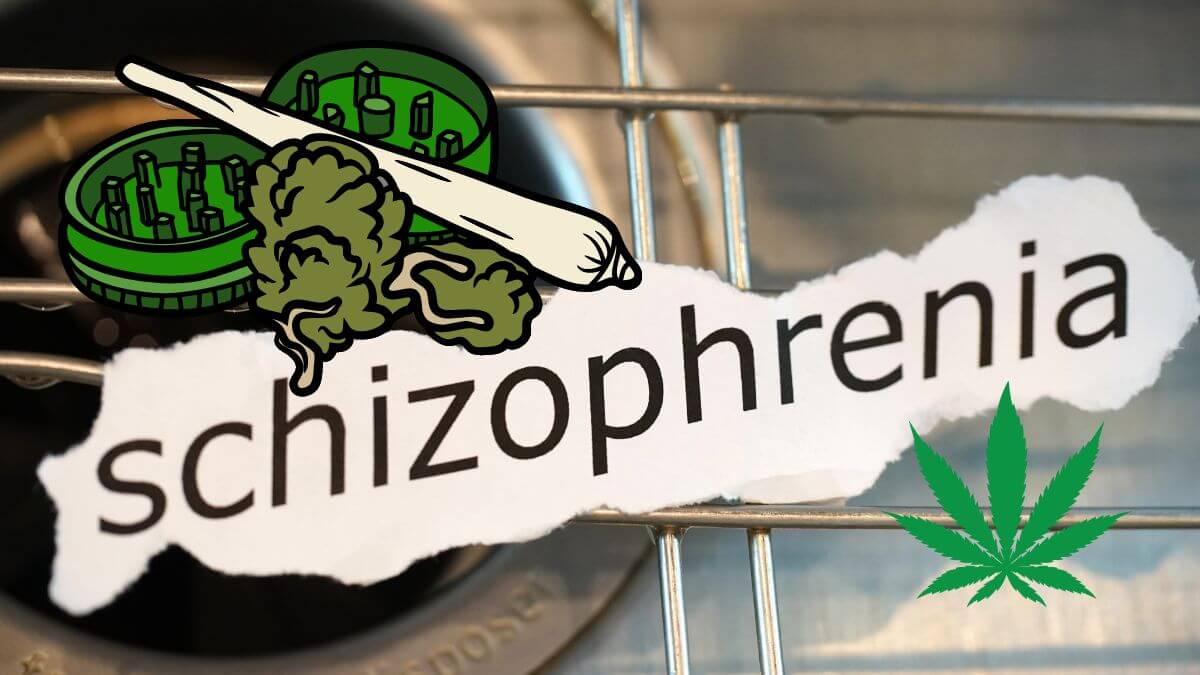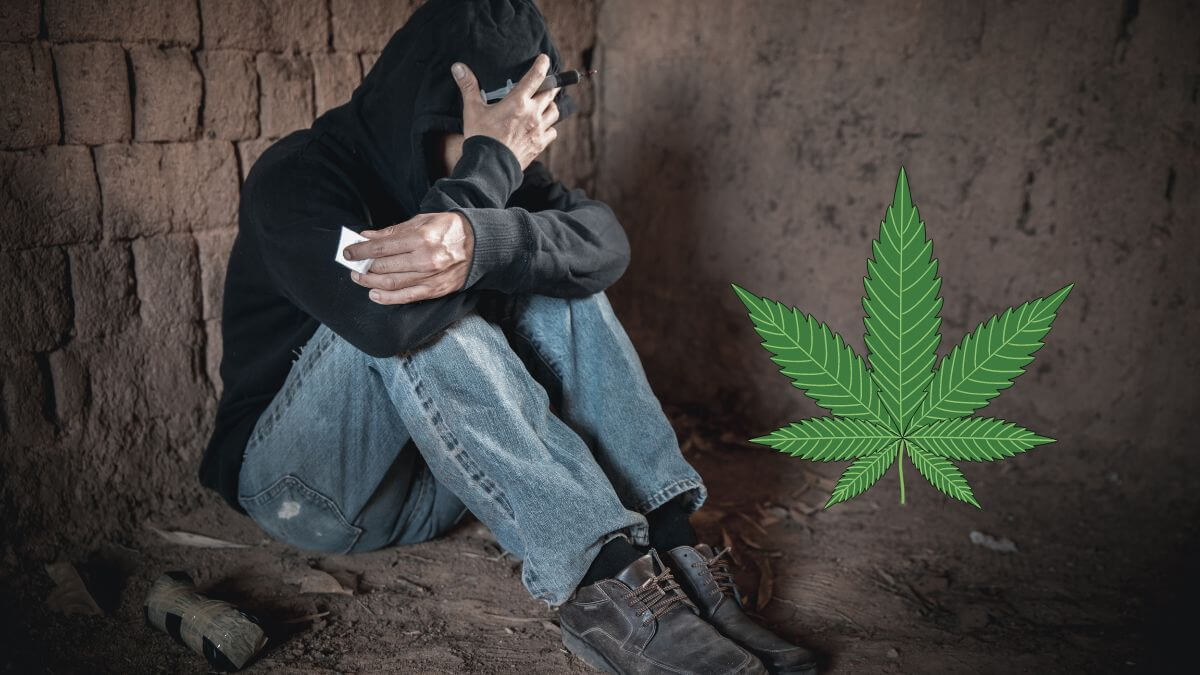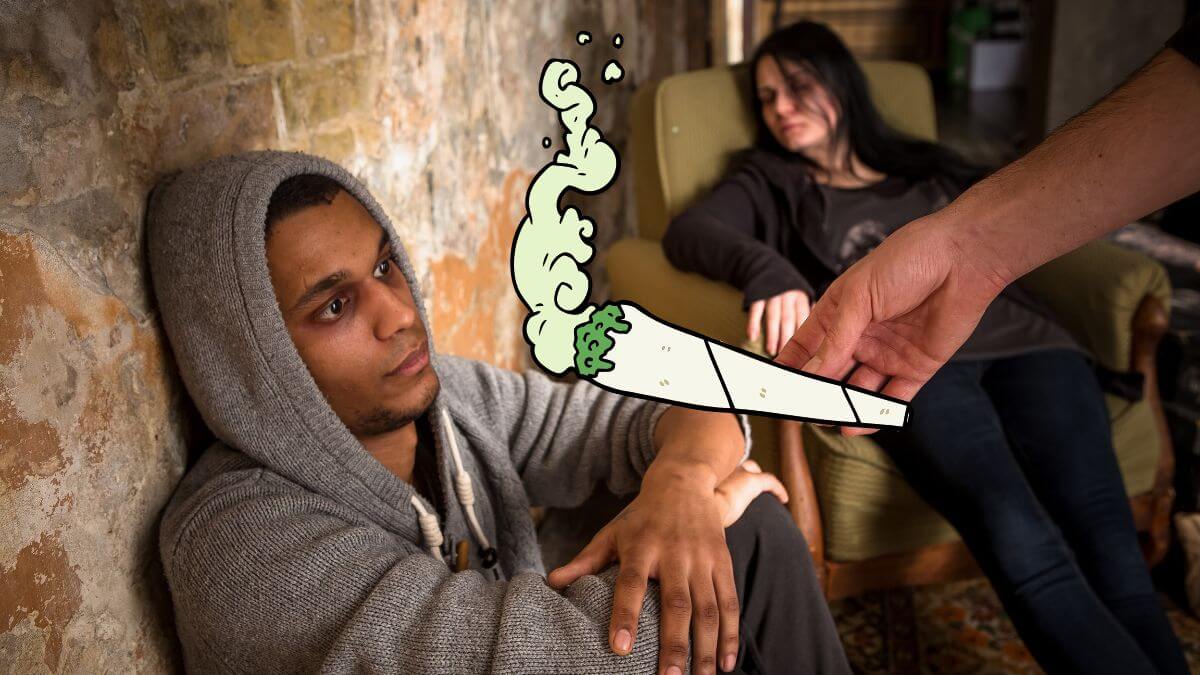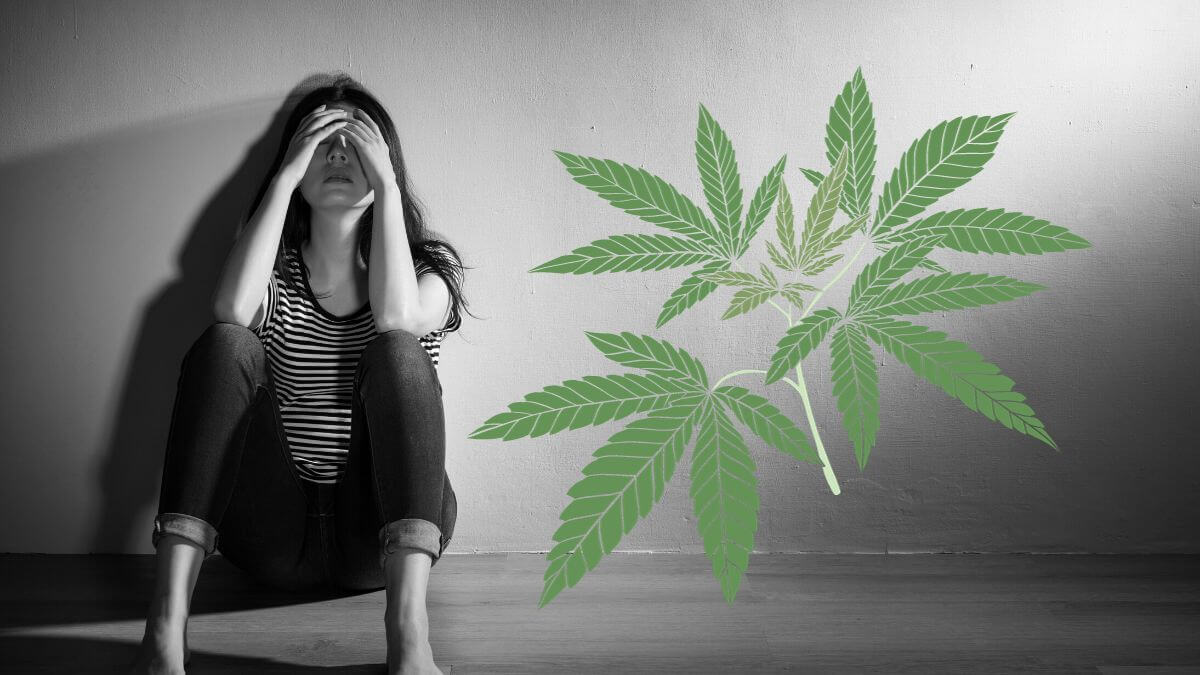
Youths living in U.S. states with legalised medical marijuana or recreational marijuana had higher rates of death by suicide than youth in states without legalisation, according to a report in the Journal of the American Academy of Child and Adolescent Psychiatry.

